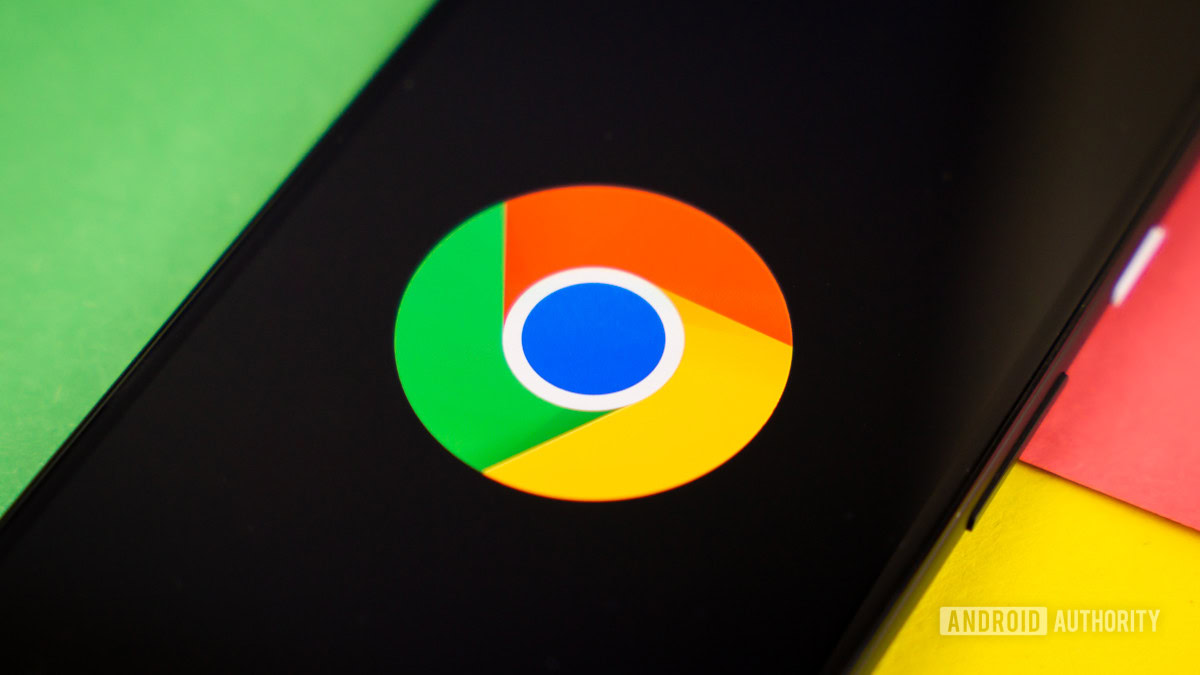Affiliate links on Android Authority may earn us a commission. Learn more.
iOS will finally get proper Chrome and Firefox, but only for some of us

- As part of the changes mandated by the EU’s Digital Markets Act, Apple has announced that iOS will allow alternative web browser engines in the EU.
- Historically, WebKit is the sole browser engine allowed on iOS. All browser apps on iOS must use WebKit, even if they use other browser engines on other platforms.
- iOS users in the EU will soon be able to enjoy Chrome, built on Chromium, and Mozilla Firefox, built on Gecko.
Apple announced that it is making several changes to its software ecosystem to comply with the Digital Markets Act in the EU. One of these changes is that iOS will now allow alternative browser engines, allowing users to use proper Chrome and Firefox on their iPhones. But as is with the rest of the changes it announced, this will apply only to iOS users in the European Union, while the rest of the world has to continue making do with Webkit and Safari.
This is a significant change to how browsers work on iOS. Apple has historically restricted all browsers to using its WebKit browser engine. WebKit powers Safari, but it also powers Chrome, Firefox, and every other browser app on iOS. Outside of iOS, like on Android and desktops, Chrome is powered by Chromium, while Mozilla Firefox runs on Gecko. Features you love on Android and desktop on these browsers are absent on their iOS versions, mainly because WebKit does not support those features.
With iOS 17.4, Apple will allow developers to use browser engines other than WebKit. This change applies to both browser apps and apps with in-app browsing experiences. Apple warns that alternative browser engines may negatively affect the user experience, including impacts on system performance and battery life. Developers who want to build alternative browser engines will have to get authorized by Apple to switch engines after meeting specific criteria and committing to several ongoing privacy and security mitigations. Once approved, they will get access to features like Passkeys and multiprocessing.
Of course, this change of heart from Apple only comes through the pressure of legislation and not the corporation’s own will. As a result, this change only applies to the European Union, where Apple is being forced to do this. Accounts belonging to users who reside in the EU will get these new engines, even when they are traveling. Elsewhere, like in the US, all iOS web browsers will continue to use WebKit until legislation forces them to open up, too. Maybe it should do so soon? That is food for some thought.